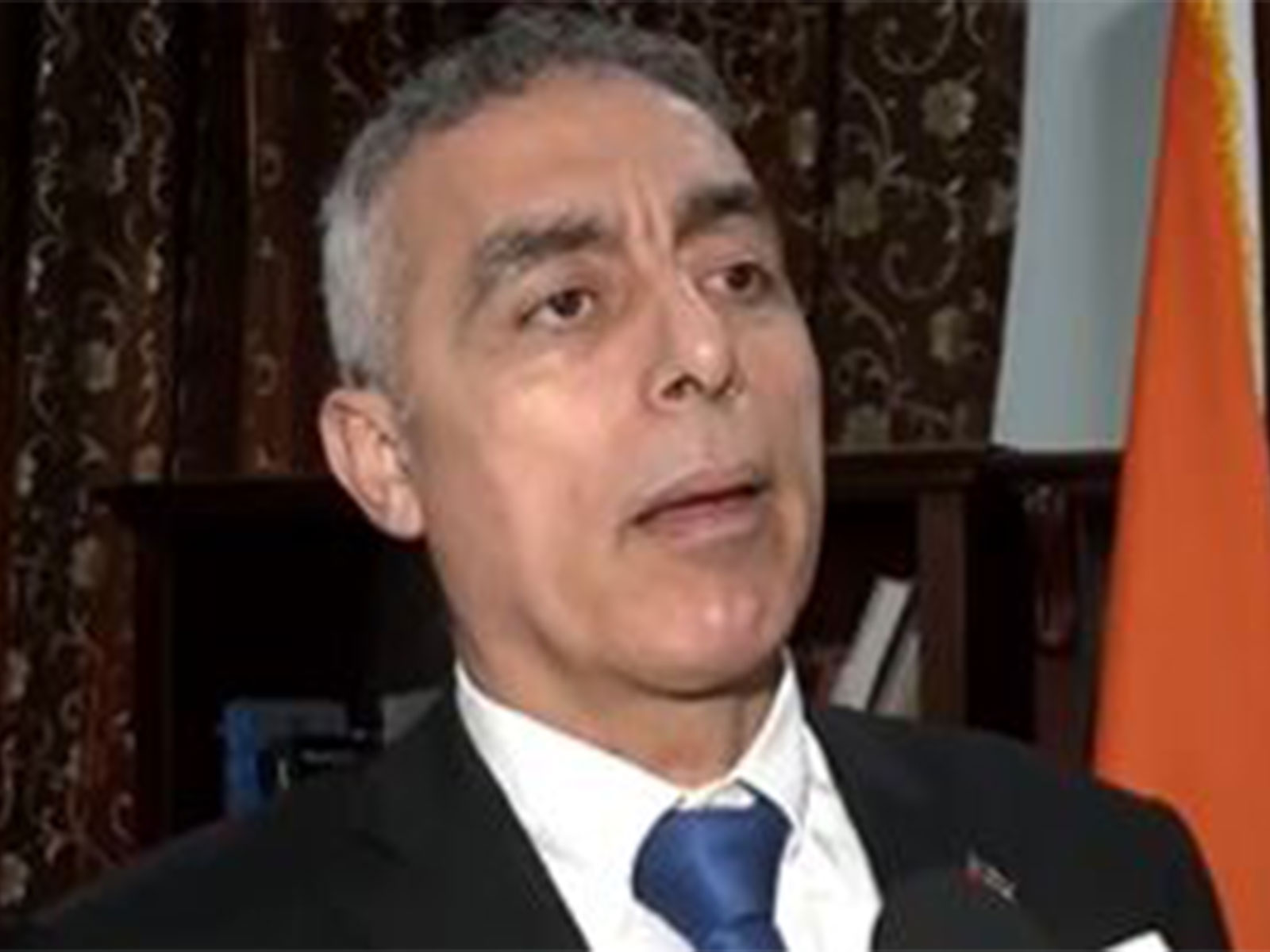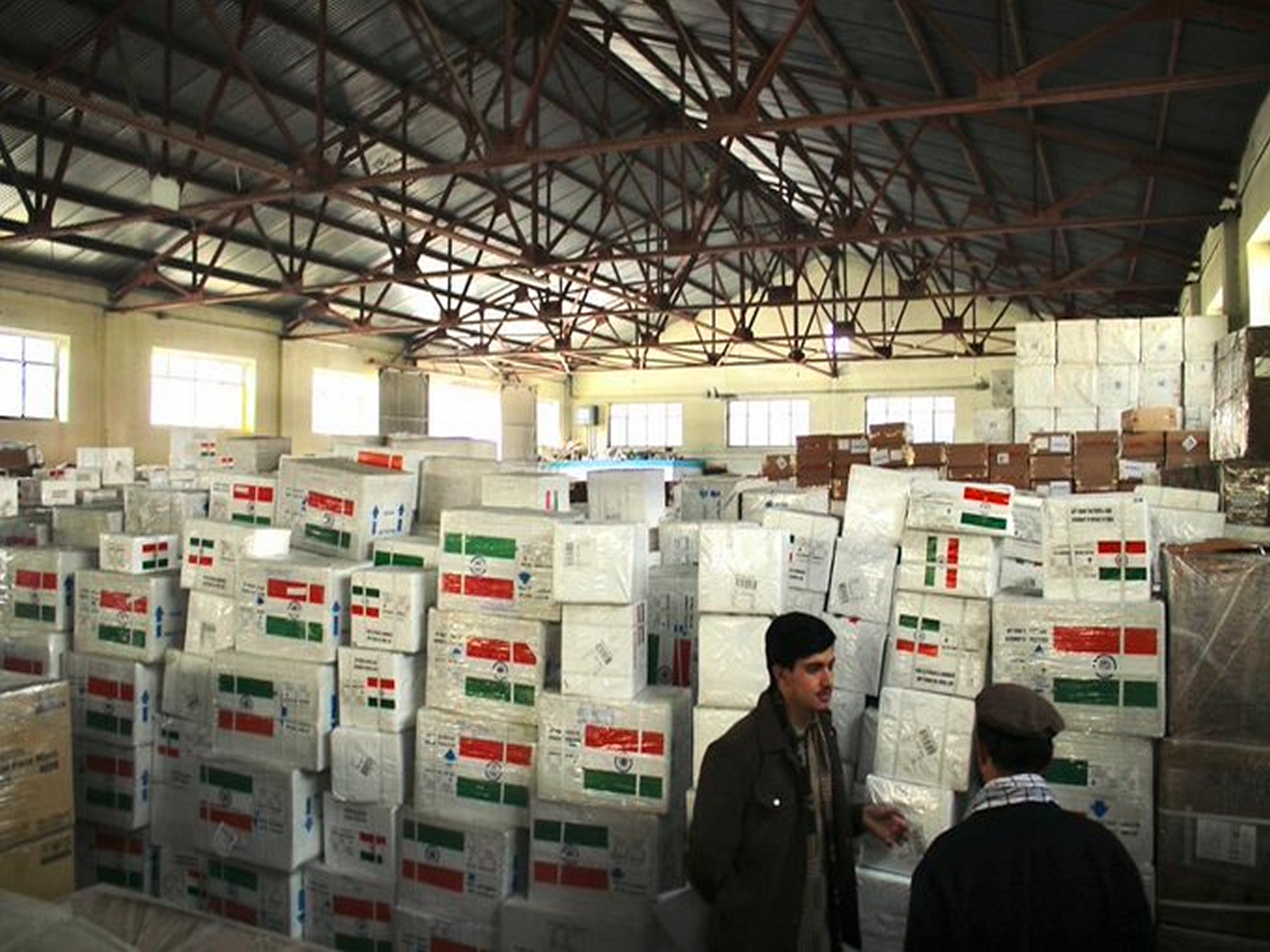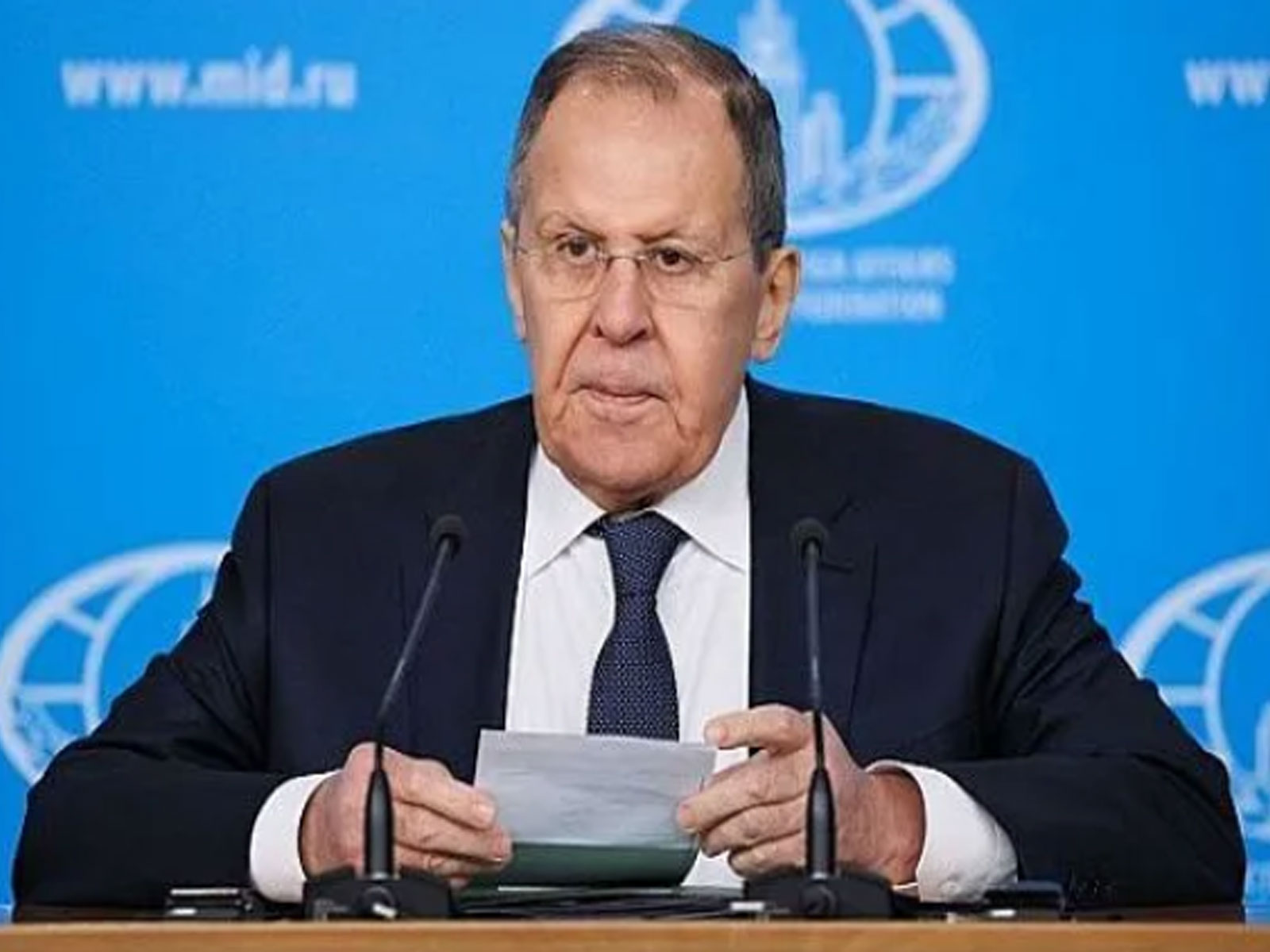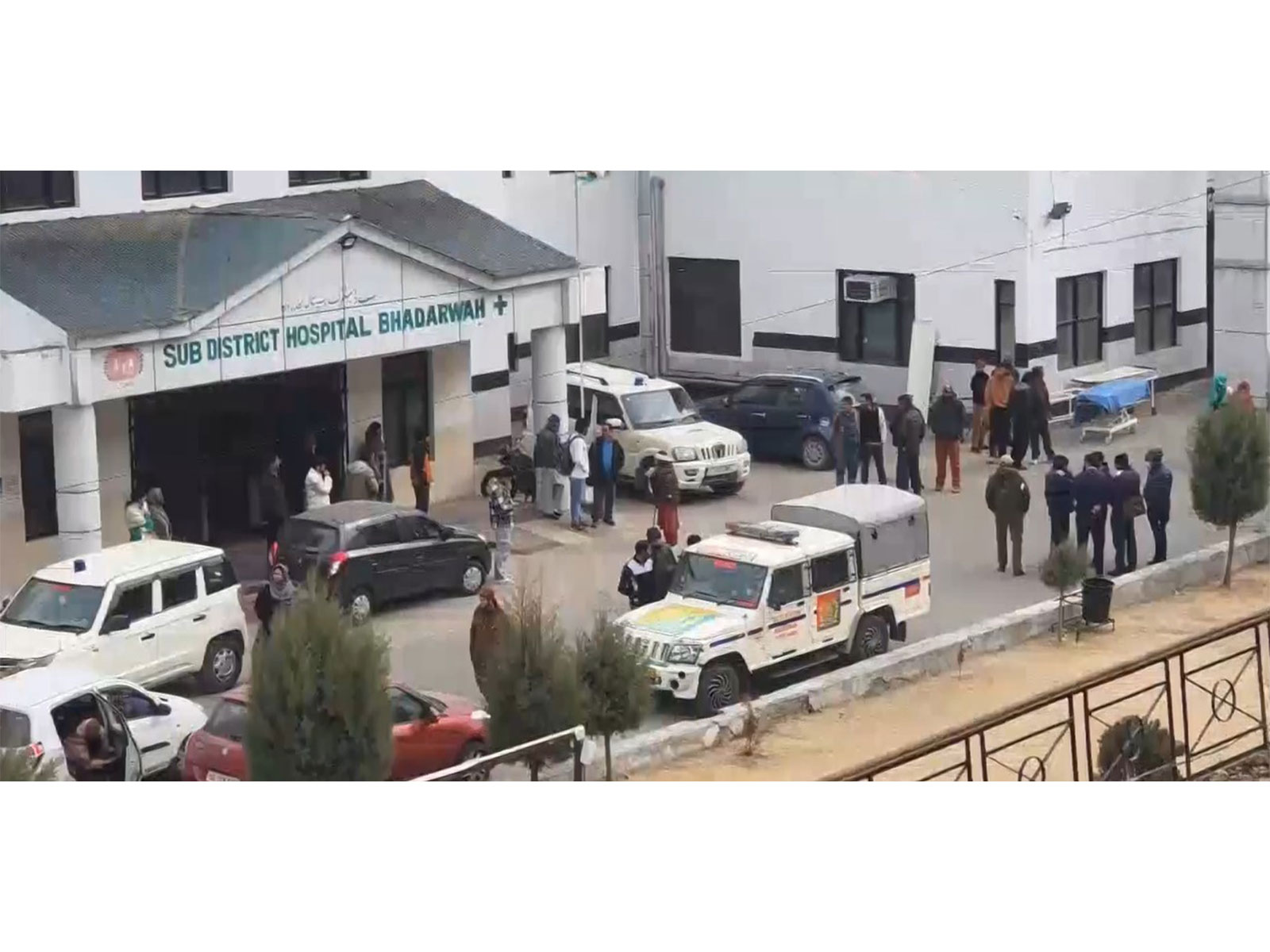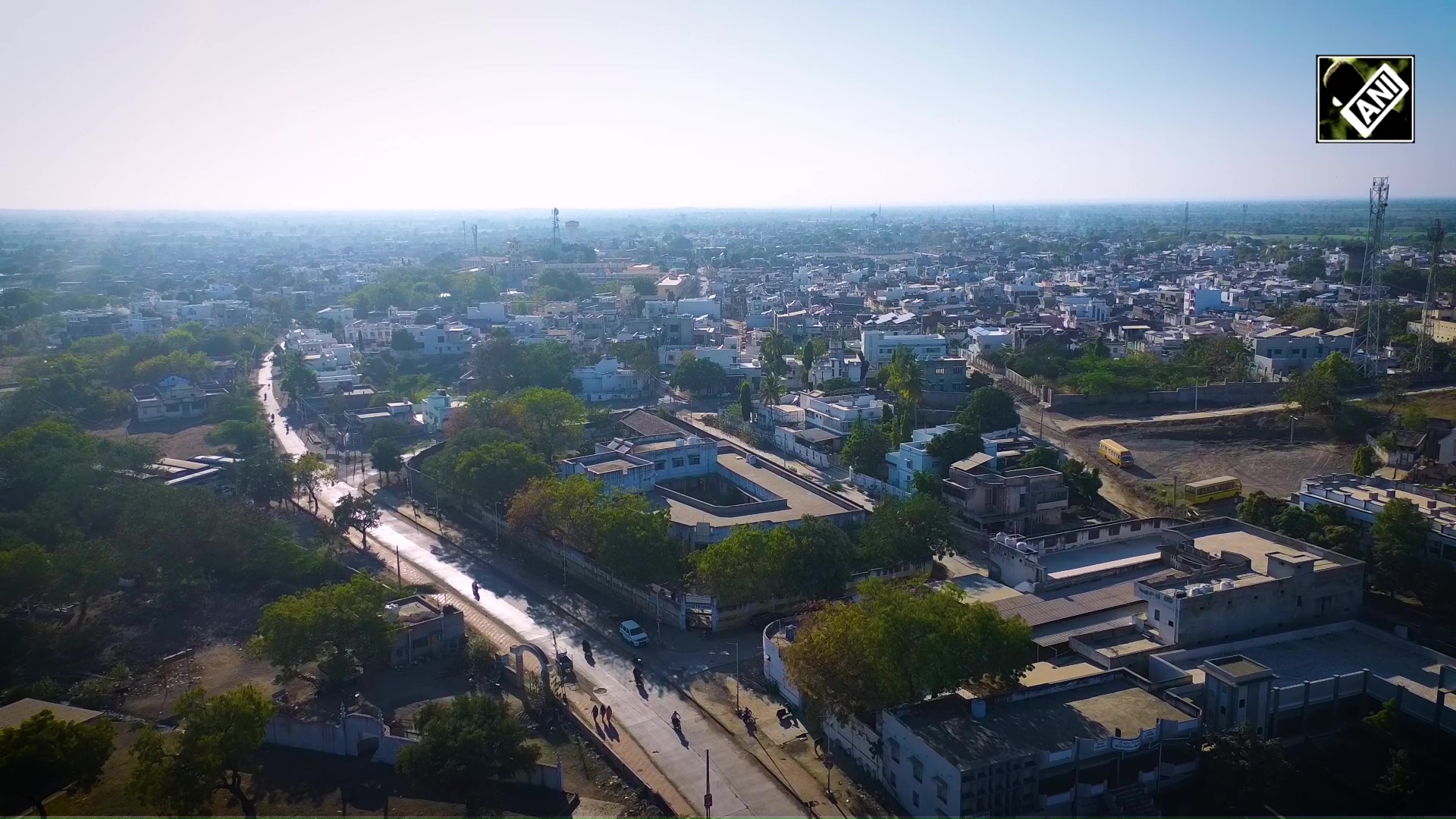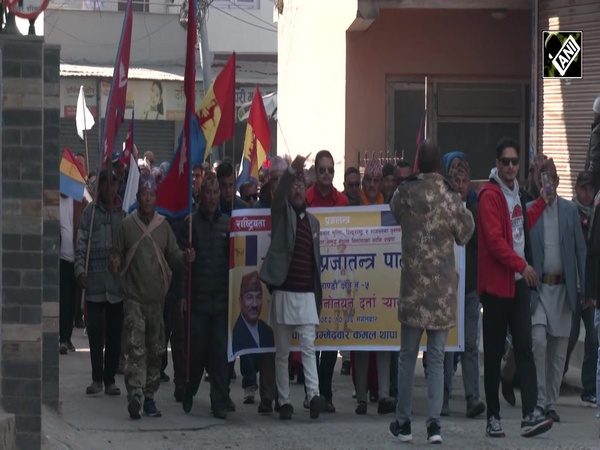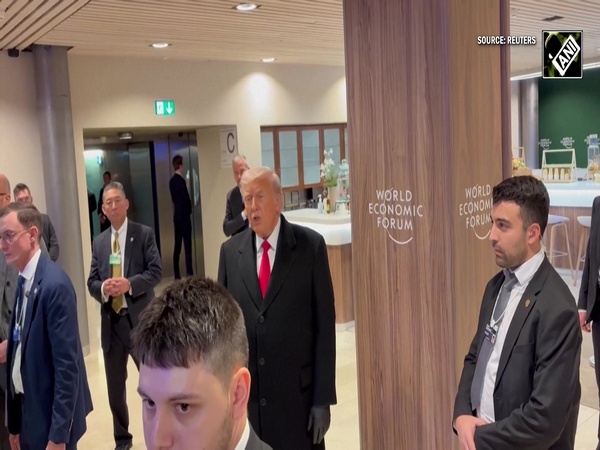Cross-strait crisis likely to occur in 2024: Taiwan, US experts
Jan 23, 2024

Washington [US], January 23 (ANI/CNA): More than half of surveyed US and Taiwan experts said they believed a cross-Taiwan Strait crisis was likely to occur in 2024, although there were mixed views on how exactly it would play out, a report released Monday by the Center for Strategic and International Studies (CSIS) said.
In the report, which involved surveying 52 US and 35 Taiwanese cross-strait experts ahead of Taiwan's presidential election on Jan. 13, the American think tank said that about 67 percent of the US experts and 57 per cent of the Taiwan experts believed "a Taiwan Strait crisis is likely in 2024."
Such a crisis was defined as "a situation similar to the 1995/1996 Taiwan Strait Crisis where there is a significant increase in cross-strait tension that is accompanied by at least a major PLA exercise aimed at coercing Taiwan and renewed Chinese threats to use force against the island" in the report, titled "Surveying the Experts: US and Taiwan Views on China's Approach to Taiwan."
The report said that the experts' pessimism is likely driven by a combination of factors, including assessments of potential negative People's Republic of China (PRC) responses to Taiwan's presidential elections, and the overall state of US-China relations.
"Despite notable efforts by Washington and Beijing to stabilize relations, the bilateral relationship remains fundamentally focused on competition," the report said.
Citing the November 2023 summit between U.S. President Joe Biden and his Chinese counterpart Xi Jinping, the report said the meeting did not change that situation.
It pointed out that about 75 percent of US experts and 66 percent of Taiwan experts in the survey said that the Biden-Xi meeting did not stabilize relations or significantly reduce the potential of a Taiwan Strait crisis.
When asked how Beijing would respond if Taiwan's favoured presidential candidate failed to win, "US and Taiwan experts overwhelmingly assessed that Beijing would seek to improve cross-strait ties."
"Only about 15 percent of US experts and 17 percent of Taiwan experts believed China would maintain its existing coercive approach or increase coercion against China," the report said.
There was no consensus, however, on exactly how Beijing would alter its approach, the report added, citing the survey results that about 46 per cent of the experts from Taiwan assessed Beijing would shift its approach unilaterally, whether offering carrots or reducing coercive measures.
Meanwhile, 46 per cent of US experts believed that Beijing would act only after the new Taiwan leader showcased goodwill towards Beijing, the report said.
In addition, nearly half of the Taiwan experts believed that if Beijing saw the election result as unfavourable, its most escalatory move in 2024 would be "coercive nonmilitary action."
In contrast, US experts worried about the potential of large-scale military exercises encircling Taiwan, but few thought China would quarantine, blockade, or invade the island.
The report said that most of the experts did not think recent efforts to manage US-China tensions would impact the likelihood of a cross-strait crisis.
Concerning the next five years, the experts believed Beijing's most likely course of action would be a "law enforcement-led quarantine" of the island nation, the report said.
A "quarantine" refers to a law enforcement operation led by nonmilitary actors that is focused on limiting the flow of commercial goods into Taiwan, according to the report.
A more intense quarantine could involve some People's Liberation Army (PLA) assets and limited kinetic military action; however, experts believed it would not be the primary method, the report said.
Meanwhile, although Chinese leaders found Taiwan's election outcome unfavourable, only 27 per cent of US experts believed that China could execute an amphibious invasion given its current capabilities, and just 17 percent of Taiwan experts believed the same, the report showed.
The report explained that an amphibious invasion would require a much larger commitment of military forces than a quarantine or blockade -- a PLA-led operation to heavily restrict the flow of commercial goods and military activity around Taiwan -- and the operations involved would be more complicated, resulting in a lower likelihood of China going down that path.
The report further said that those surveyed likely factored in the likelihood of U.S. intervention in more intense types of cross-strait conflict, such as an invasion.
The report noted that nearly half of the experts from Taiwan believed that quarantine was a flexible option China could employ to pressure Taiwan, while the US experts believed Beijing could execute a quarantine if it wanted to up the pressure on Taiwan without sparking a kinetic conflict.
Meanwhile, according to the report, most respondents believed a blockade alone would not be sufficient in forcing Taiwan to unify with China, but a third of the Taiwan experts worried a blockade could escalate into an invasion.
According to the report, the survey was conducted by the CSIS China Power Project between November 28 and December 15 in 2023, ahead of Taiwan's presidential and legislative elections which were held on January 13, 2024. (ANI/CNA)
